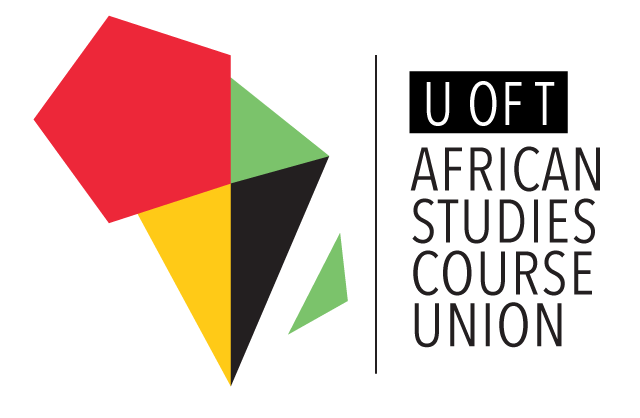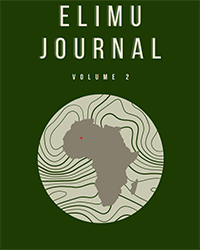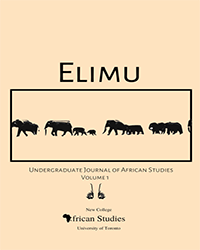
The African Studies Course Union, organized by engaged students in the Program, provides stellar support with special events and plays a leading role in student governance, citizenship and student knowledge production and dissemination through the publication of the African Studies flagship undergraduate journal Elimu. Its office is located in Room 500V, Wilson Hall.
Contact the ASCU
Email: asc.union@gmail.com
Facebook | Instagram | Twitter
The African Students Association also hosts special events of interest to students in the program. It’s office is located in Room 500T, Wilson Hall.
ELIMU: Undergraduate Journal of African Studies
Elimu is an undergraduate student-led and edited journal for cutting-edge scholarly works revolving around the study of Africa and its diaspora from students both in African Studies and across a variety of disciplines. We intend to showcase critical and interdisciplinary perspectives on Africa in a multipolar and globalized world, challenge the dominant narratives of our continent, and provide a platform for new generations, trends, and theorizing emerging out of African Studies and African scholarship. While this journal prioritizes work from students in our program, we also encourage academic, artistic, and creative submissions from the University of Toronto tri-campus and beyond.
The journal is also available on the U of T website and journal system:
https://jps.library.utoronto.ca/index.php/elimu
Akin to the objectives of the African Studies program, Volume II of Elimu fosters unique, insightful, innovative renditions to meaning-making and knowledge production in Africa and its diasporas. In this edition, our authors engage with diverse continental and diasporic temporalities, modalities, and praxes.
The inaugural volume of Elimu: Undergraduate Journal of African Studies holds a rich set of contributions that begins with a language and education case study conducted in Webuye, Kenya; spans hundreds of years as well as settings from 1980s Johannesburg to post-Arab Spring North Africa to the future of Lagos’ shoreline; and concludes with the 2-part Eritrean Migrant Experience featuring a health sciences essay and a subsequent interview with the author.



